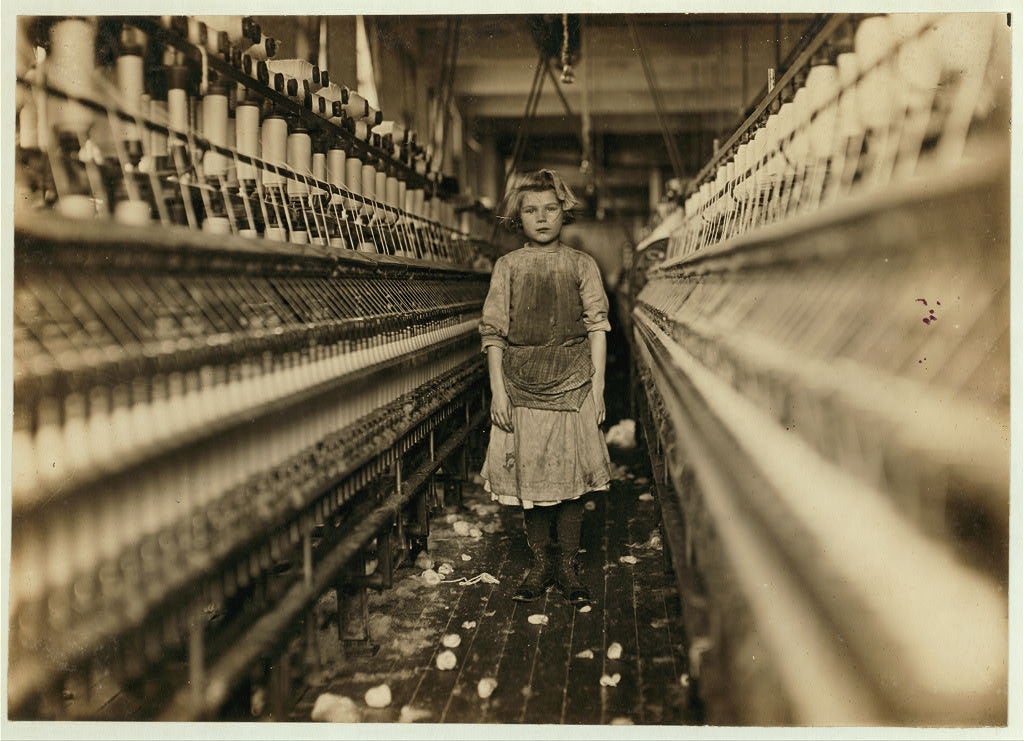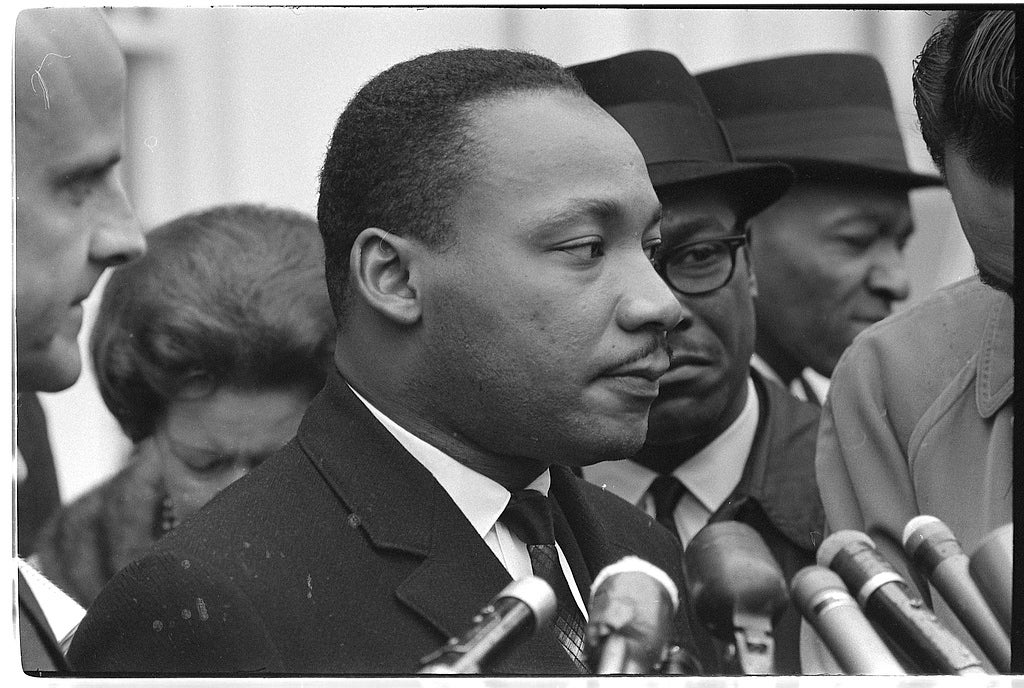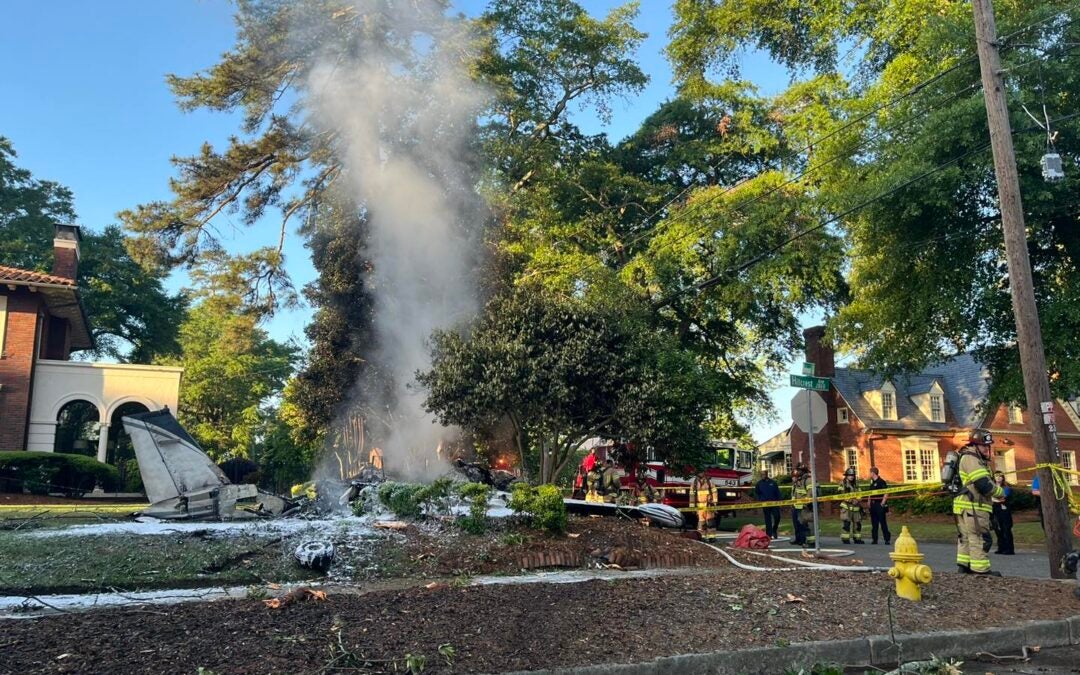Labor unions are embedded in the fabric of industries like steel manufacturing and airline staffs, and when a major union, such as the United Auto Workers Union, goes on strike, the effect hits wallets in the CSRA.
Unions are uncommon in the South where at-will labor systems prevail. The last recorded labor strike in Augusta happened back in 1899 when workers at Sibley Mill, Enterprise Mill, King Mill and other mills along the Augusta Canal walked off the job, demanding better pay and working conditions.
According to The Atlanta Journal-Constitution, the strike lasted two months before the nearly 4,000 workers returned to their jobs.
Fast forward to 2023 and it seems that a new strike is almost announced daily. The Hollywood crowd are sitting out of awards shows because there is no one to write their acceptance speeches for them. Even the workers at Starbucks, yes, they have a union, went on strike this summer, causing the caffeine starved public to almost panic.
According to the BBC, delivery service UPS narrowly avoided a strike that would have left Amazon addicts screaming from their sofas.
With labor unions and their strikes making more and more headlines, Americans are getting a glimpse of how labor in the United States evolved over time and how unionization happened very differently in the North and South.

The end of the Civil War saw a glut of newly freedmen in the workforce in the South, and workers were “a dime a dozen,” as the saying went at the time.
Nevertheless, according to the National Archives, six million African Americans fled the South from the period of 1910 to 1970, and this was at a time when the labor movement up North was in full swing.
The Labor Movement eventually linked up with the Civil Rights Movement.

According to Phillip Brigham, president of the Augusta Professional Firefighters Association, Martin Luther King Jr. was a vocal supporter of what eventually became the Firefighters Mediation Act of 1971.
“Yes, Rev. King was instrumental in getting that legislation passed; he advocated for it,” Brigham said.
In fact, King was killed while supporting striking sanitation workers in Memphis, Tenn. in 1968.
Aside from headlines such as when President Ronald Reagan, in 1981, fired striking air traffic controllers and, of course, the ongoing hunt for Jimmy Hoffa’s body, the issue of why unions exist and their role is rarely discussed.
James Clements, president of the Georgia State Council of Machinists says that modern unions work diplomatically to address workers’ concerns and that they are not anti-business.
“We’ve been, kind of, branded the ‘boogey man’ in the press as being anti-capitalist, but we are not, not in any way against successful business, but we are also here to look out for workers’ rights,” Clements said.
Brigham agrees and says that while the local firefighters association strictly does not engage in strikes or collective bargaining, the union is an important line of communication from the firefighter on the ground, to the brass working above.
“We (APFA) have been able to secure grants to provide cancer screenings, as well as funding for hiring an additional 30 personnel,” Brigham said.
Scott Hudson is the Senior Investigative Reporter and Editorial Page Editor for The Augusta Press. Reach him at scott@theaugustapress.com








